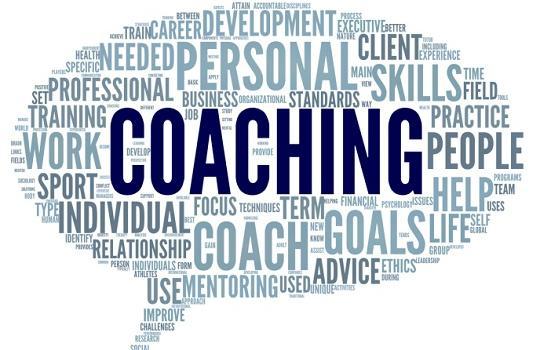Sport is big business – sponsorship deals, corporate governance, television rights. Over the last two decades, many people with business backgrounds have moved into senior positions within sport and several programmes (such as the FTSE-BOA Initiative around London 2012) have sought to encourage sport organisations to learn from business organisations. But what about the other way round? What can business learn from the world of sport?
Some of the key theories and practices used in executive coaching will be detailed by Olympic gold medallist Adrian Moorhouse MBE at the Alec Rodger Memorial Lecture on Tuesday 24 June at Birkbeck, during Business Week.
In his keynote address, Moorhouse, managing director of Lane4, which helps organisations build competitive advantage through individual and team development, will explain what he believes business can learn from sport and how concepts within sport psychology and organisational psychology more broadly can help to create high performance business environments.
Resilience, learning mindset and high performance leadership are three of the elements that Moorhouse highlights as key for organisations to learn from the sporting world.
After retiring from competitive swimming in 1992, he drew increasing parallels between the lessons of sports performance and the needs of business.
"Back then, the concept of coaching wasn’t as common as it is now and I felt there was a lot businesses could learn from ‘my’ world," he says. "In 1995, I founded my company Lane4, bringing the skills I had acquired as an elite sportsman to the office floor."
Significant change
I would argue that the rise of executive and other forms of coaching is one of the most significant changes in the work context so far this century. The name ‘coaching’ is of course derived from sport, and has helped raise its perceived value in business as it has a more performance edge compared to ‘counselling’. The focus is on ‘reaching your full potential’, ‘increasing your performance’, and ‘finding solutions’.
Prior to 2000, professional helping relationships were clearly linked to the tasks and operations of the organisation, mainly in the guise of consultants. Care of the personal kind, when it happened, suggested failure – no-one would admit to seeing a counsellor, far less a psychotherapist or psychiatrist.
So the idea that conversations in a specific professional relational context can help someone has finally shifted from couches to executive boardrooms. And coaching is no longer the sole preserve of the executive classes – it has now been democratised and is accessible to most levels in organisations.
Moorhouse points out that, like the best sporting coaches, successful leaders engage with their teams, particularly when times are hard, they confide in them and share the problem at hand. They frame the long-term mission not just the short-term financials.
Moorhouse explains:“If my swimming coach had walked poolside when I was training for the Olympics and constantly told me that I had to reach a 62-second speed, it would have been morale-crushing. Instead, he would remind me that I am in winter training, that I am recovering from an injury, and that I am trying my best, but also that the Olympics are on the horizon and my purpose is to be a world-class swimmer.”
Increased resilience
It is vital to drum home the broader objective behind what your organisation is doing and how the workforce can play a meaningful part in achieving that. Leaders should help their employees become more resilient and not through the macho approach of telling them to stick with it and work harder, but the emotionally intelligent way of nurturing resilience by balancing well-being with performance. A manager must avoid burn-out, just like an athlete.
Moorhouse talks about tackling the problem of under-performance by looking at what an organisation does, how they do it, and how they can improve what they do.
“We work with business people as performers rather than hierarchical leaders. We implement coaching in its truest sense, as a mindset not an activity – not sitting a manager in a room for two hours and talking at them, but thinking about how to holistically improve their performance each day.”
Interestingly, Organisational Citizenship Behaviour (OCB) research, also referred to as contextual performance, maps the extent to which altruism, civic virtue, sportsmanship, courtesy and conscientiousness are manifested at work and why investing more time cultivating OCBs makes commercial sense, even in today’s fast-paced organisational cultures.
And one important predictor of OCB is leadership – if there is a good relationship between the leaders and the employees, more examples of helping behaviours will be found, as well as higher performance levels (Motowidlo, 2011). And it is perhaps here that an executive coach can really make a difference.
Adrian Moorhouse CBE, managing director of Lane4, will discuss what business can learn from sport at this year’s Business Week event from 23 to 26 June, organised by Birkbeck’s School of Business.





